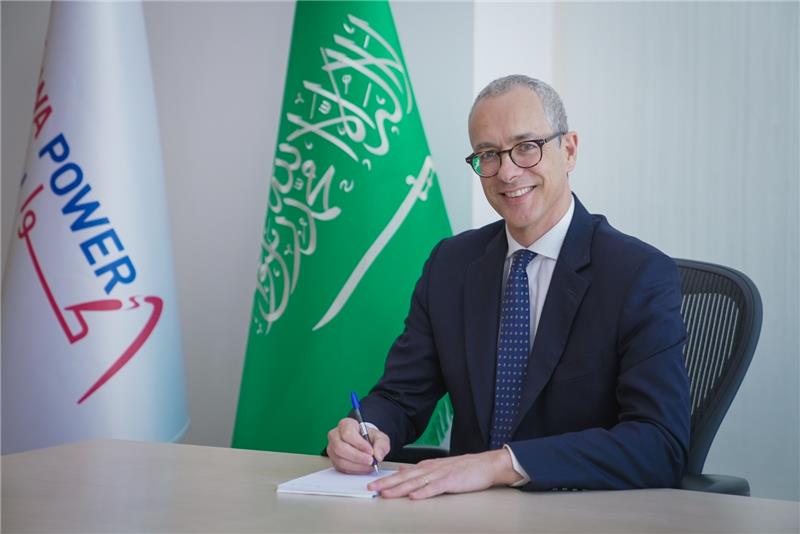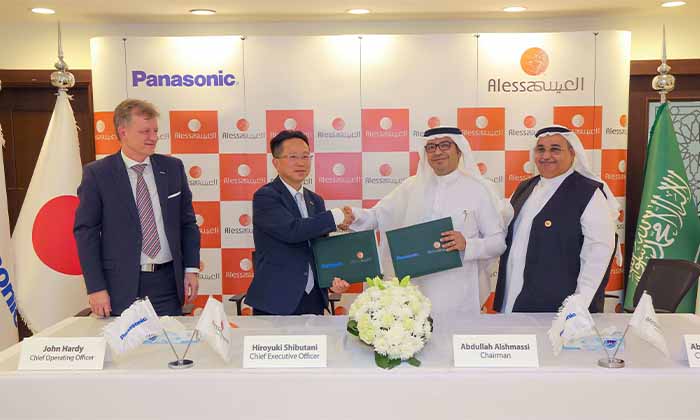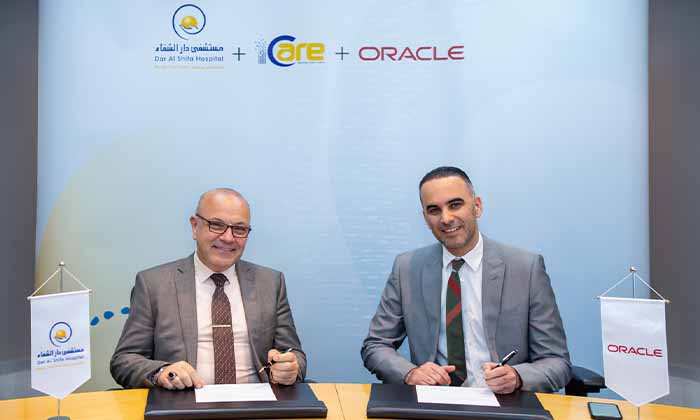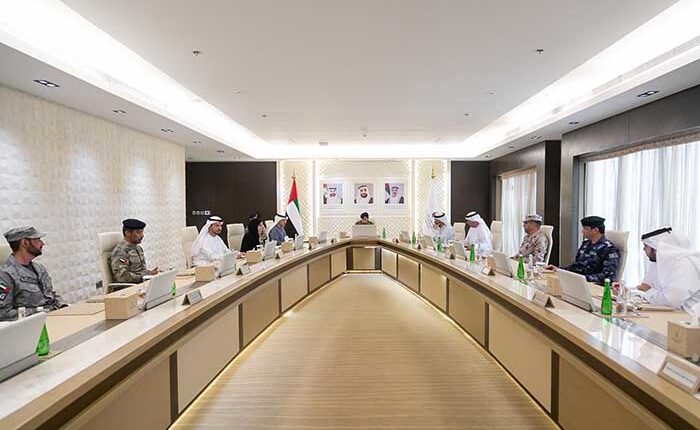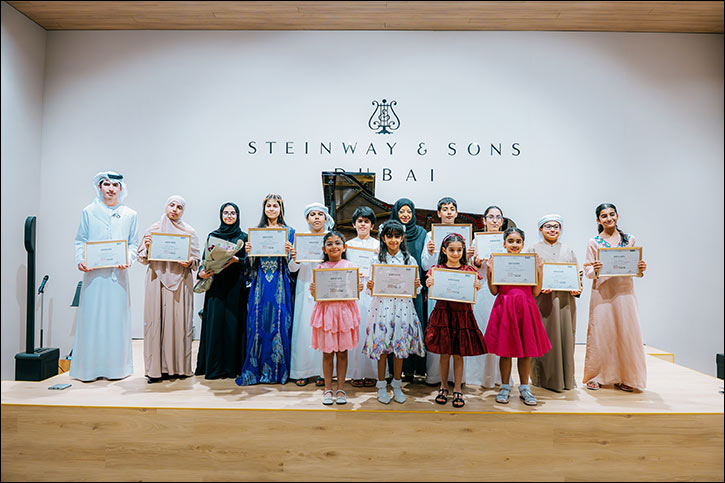Collaborations to develop new strategies to empower the Arabic language is the need of the hour to restore its position and keep pace with the today’s requirements
Participants in the dialogue session entitled "National Policies for the Arabic Language" stressed the importance of collaborations to develop strategies and policies that achieve practical results in making the Arabic language a renewable language and keeping pace with the requirements of the times.
The participants also demonstrated the ability of the Arabic language to restore its position, overcome obstacles and face challenges imposed on it because of accelerating changes across multiple sectors and leaving their negative effects. There is a need to find innovative and tangible solutions that yield positive results and enable us to anticipate the future of Arabic, and its capabilities to be the language of science, knowledge and civilised communication.
Speakers at the session included HE Dr. Salem bin Muhammad Al Malik, Director General of the Islamic World Educational, Scientific and Cultural Organization (ISESCO), HE Dr. Ali bin Tamim, President of the Abu Dhabi Center for the Arabic Language, and HE Dr. Ibrahim bin Muhammad Abanmi, Advisor to the King Salman International Complex for the Arabic language, HE Dr. Kamel Abdel Jalil, Secretary General of the National Council for Culture, Arts and Letters in Kuwait, and HE Ambassador Khaled Fath Al-Rahman, Supervisor of the Partnerships and International Cooperation Sector, Director of Civilization Dialogue at ISESCO.
HE Dr. Al-Malik said: “It is incumbent upon us, as specialists in the Arabic language, to adopt a language policy to bring it into the world and foresee its future for the younger generations.
HE Dr. Tamim observed: “The challenges facing the Arabic language are not due to its inability to keep pace with developments taking place in the world rather, it is the inability to interact and open up to other cultures. This is a result of the lack of policies that can support and strengthen the language and enhance its integration with other cultures, hence the importance of supporting the Arabic language to be a global language.”
HE Prof. Abanmi added that the current situation of the Arabic language is due to weak communications within the Arab society. “We do not have sufficient capabilities to confront the development taking place in the world and modernise our language policies. What we have to do to overcome the challenges we face is linguistic planning.”
Dr. Jalil added that youthful environments must be encouraged to support generations to carry the responsibility of Arabic on their shoulders, embarking on it, and foreseeing the linguistic future of the language.
HE Fath Al-Rahman agreed to this, saying: “One of the most important challenges that we face is the lack of linguistic observatories capable of planning, evaluating and foreseeing the linguistic future of the world, which in turn will help us to share and understand its different cultures. Therefore, we must start working on building those observatories that will work in harmony on setting policies that establish the Arabic language and bring it back to the forefront of the world’s languages.”
